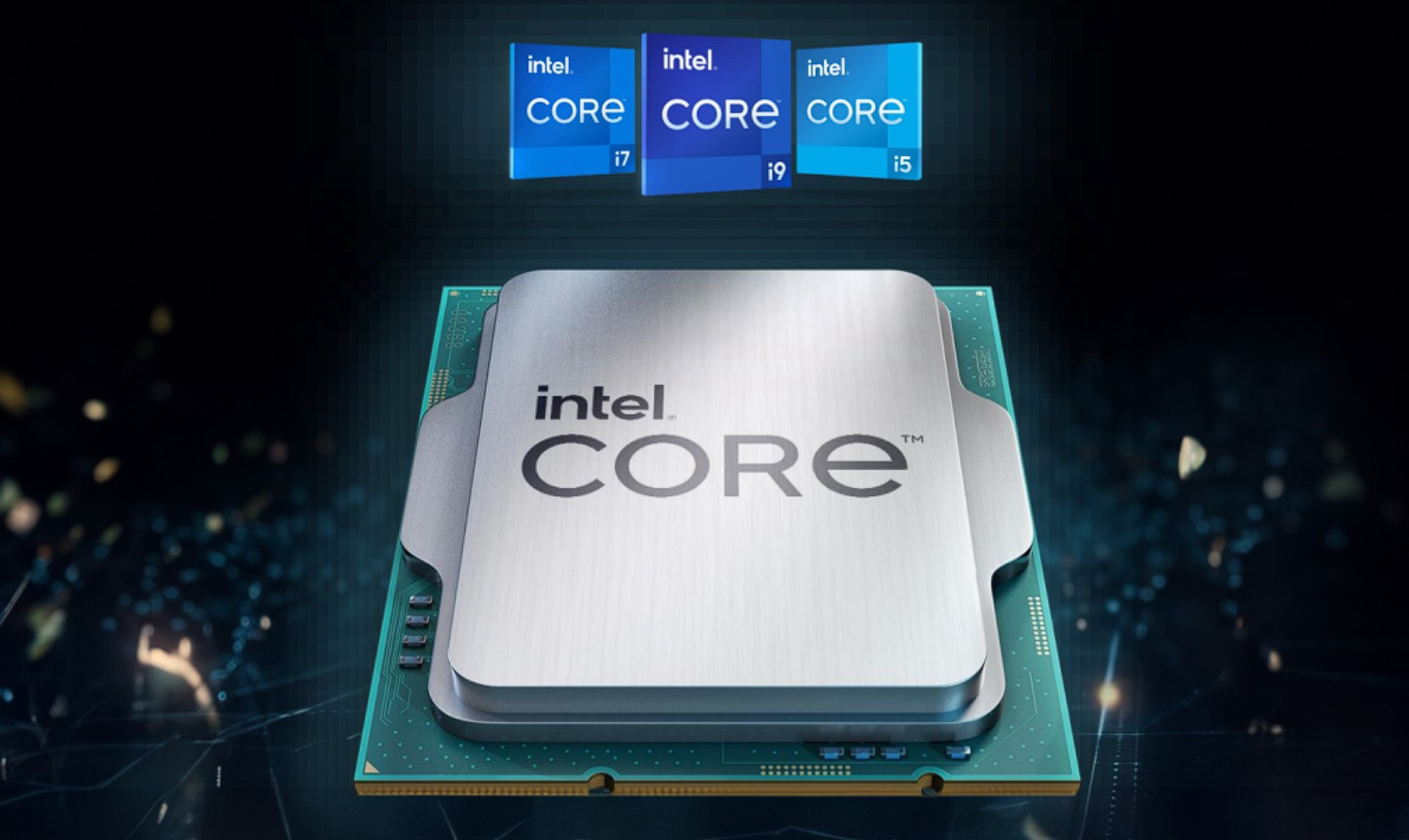Intel does not recall defective CPUs

Intel is adamant about not offering a blanket recall of its defective chips, despite its inability to fix the bugs. The saga of crashing 13th and 14th-gen Intel CPUs continues, as not only does it appear that Intel still hasn't fixed its flawed processors, but it's also apparently adamant about not offering any sort of recall process for the chips .
The latest development from Intel confirms the company's stance on customer service for its top gaming CPUs, which have experienced regular crashes while playing games based on Unreal Engine 5 for months. In addition, there are also reports that CPUs affected by the issue will fail at some point, with one game developer directly stating that "Intel is selling defective CPUs."
All of this negativity comes after just a week ago Intel stated that they had found the cause of the problem and would issue a fix. But now they're stating that while the microcode update they mentioned last week will fix the problem for CPUs that aren't yet showing symptoms of the problem, those CPUs that are already experiencing problems may find that the microcode - the update does not now fix the problem with the CPU.
The implication here is that the bug will already have permanently damaged the CPU, even if Intel doesn't say this explicitly. These revelations come from questions posed to the company by TheVerge, with Intel directly answering several questions regarding the affected CPUs, the status of a fix, and any plans to withdraw or stop selling the CPUs.
The site has yet to receive answers to some of the questions - for example, there is no information about an extended warranty for these chips - but the company confirmed that there would be no recall.
We don't like that answer, but at least Intel answered the question directly with a simple "no." Instead, Intel responded to continued questions about options for buyers affected by the issues by saying that "customers experiencing instability on their 13th or 14th generation desktop processor-based systems should contact Intel Customer Support for further assistance ."
All in all, with Intel's current generation CPUs already slower than AMD's X3D chips for gaming and generally less power efficient, the goal is open for AMD's new Zen 5 Ryzen 9000 CPUs to dominate the CPU purchase statistics for months to come unless Intel can change this situation quickly.
Latest processor - cpu
-
31 Octprocessor - cpu
-
16 Sepprocessor - cpu
AMD Ryzen AI 7 PRO 360 spotted
-
04 Sepprocessor - cpu
Intel scores big AI chip customer
-
04 Sepprocessor - cpu
Exclusively-Intel manufacturing store drawers
-
29 Augprocessor - cpu
Big performance boost for Ryzen CPUs
-
28 Augprocessor - cpu
Intel shares could fall in battle with TSMC and NV
-
28 Augprocessor - cpu
AMD is claimed to have been hacked
-
27 Augprocessor - cpu
Intel presents Lunar Lake, Xeon 6, Guadi 3 chips
Most read processor - cpu
Latest processor - cpu
-
31 Octprocessor - cpu
AMD will launch the Ryzen 7 9800X3D on November 7
-
16 Sepprocessor - cpu
AMD Ryzen AI 7 PRO 360 spotted
-
04 Sepprocessor - cpu
Intel scores big AI chip customer
-
04 Sepprocessor - cpu
Exclusively-Intel manufacturing store drawers
-
29 Augprocessor - cpu
Big performance boost for Ryzen CPUs
-
28 Augprocessor - cpu
Intel shares could fall in battle with TSMC and NV
-
28 Augprocessor - cpu
AMD is claimed to have been hacked
-
27 Augprocessor - cpu
Intel presents Lunar Lake, Xeon 6, Guadi 3 chips






